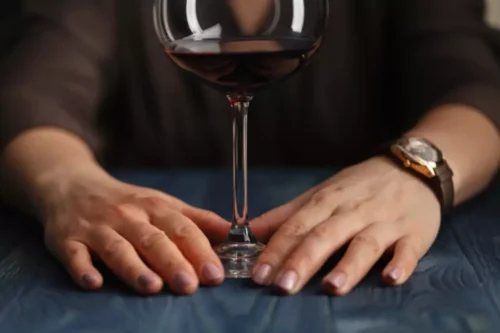
The key premise of any approach is that moderate drinking is a practical and reasonable goal for those people who face less severe drinking issues. There are a great many differences in peoples’ over drinking behaviours and it is important for the therapist to assess and help the client manage their individual triggers for overdrinking. In addition, it is advantageous to identify the client’s personal motivation for change. Ideally the client will develop a toolkit of strategies to facilitate the behaviour changes.

Common Myths about Addiction
“Moderation” is a term that is often used to suggest that a person with an alcohol or drug problem does not really have to give it up but can “control” it. A program called Moderation Management advocates this alternative to abstinence as a solution for a substance abuse disorder2. Some answers can be found in https://ecosoberhouse.com/ research conducted by Keith Humphreys, Ph.D.3. This team of researchers undertook to compare self-identified members of Moderation Management with self-identified members of Alcoholics Anonymous (AA).
The Importance of Addiction Prevention in Schools
Alcohol abstinence is the decision to cut booze out of your life completely and permanently. Depending on the severity Sober living home of the presenting issue, this is often seen as the safest way to move forward, and for many, it eliminates any risk or uncertainty that may come with finding the right path to moderation. When considering or committing to complete abstinence, the AA is the most commonly known program of support, offering more than 123,000 meetings worldwide, working through the infamous “12-step programme”, created in 1935. This program is the predominant recovery method in treatment centres all around the world (interestingly around 90% of centres in the US).

Are You Using Alcohol to Cope with Back-to-Normal Anxiety?
- When out for a nice dinner or attending a get-together, she still wanted the freedom of having a drink or two.
- They also explore if they want to reduce their use, if they want to use more safely (e.g. not having unprotected sex when using, not driving after drinking), or both.
- As you grapple with these questions, you come to understand that comprehending your relationship with addiction is an intensely personal journey.
- For some, abstinence aligns with their moral or spiritual values, making it a more appealing choice.
Decisions about our alcohol consumption choices should ultimately be made based on our personal needs and goals with the guidance of our healthcare provider. What we know is that after one has developed a severe addiction, the simplest, easiest, safest and surest way to keep from repeating past behaviors is total abstinence. This is not to say one may not go thorough a period of “day at a time,” or “week at a time,” or even try a “harm reduction” approach. Still, if you want the easiest way to minimize the problems in your life, go for abstinence eventually. It actually is much easier to just give it up entirely than punish yourself trying to moderate or control your addictive behavior. Studies have shown that regardless of the method employed to become sober, the number one factor for sobriety success is a permanent commitment to discontinue use permanently; a commitment to abstinence.
Mindfulness Meditation: Effective Treatment Strategy or Pop …
If your life has been a wreck on account of your addictive conduct, why take the chance? Possibly, but one will benefit from being on guard for them, as they can reappear years later. Be ever vigilant, moderation vs abstinence but ever hopeful and know that you can control your outcome; the choice is yours. She admitted she was dependent on alcohol and started seeing a counselor.


In general, it doesn’t matter so much how you try to address your drug and alcohol use, it’s much more important that you start on the journey. If you don’t feel you can effectively quit completely your drug of choice, you can try starting with moderation to see if that works for you. Don’t let this decision get in the way and be an excuse for you not to start your recovery at all.





